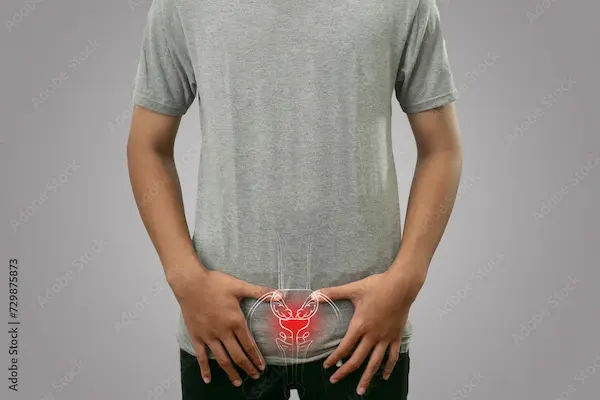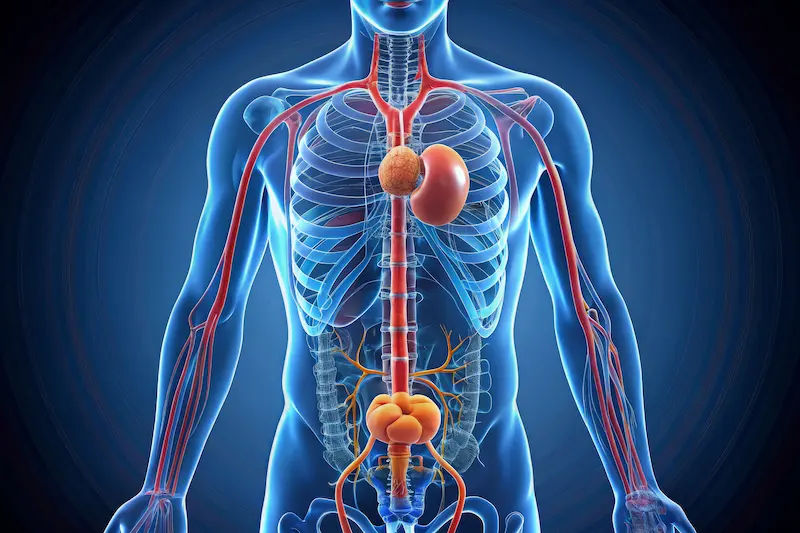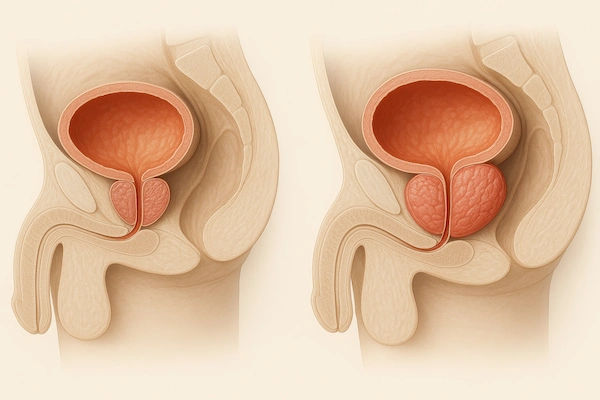- Male
- 26 Years
- 22/01/2025
I'm experiencing this constant burning and heating sensation down there, and it's really bothering me. My ultrasound report mentioned something about "subtle mucosal irregularity in the trigone region" of my urinary bladder. I've been trying to drink more water, but it doesn't seem to help the pain at all. What could be going on, and what should I do next?
Answered by 1 Apollo Doctors
The symptoms you are experiencing could be due to a urinary tract infection or inflammation in the bladder. To help alleviate the burning sensation, you can take an antibiotic like Ciprofloxacin. Additionally, you can take Phenazopyridine. It is important to follow up with your healthcare provider for further evaluation and management.
Dr. Chandra Suggests...
Consult a Urologist
Answered 04/07/2025
0
0

More Urology Health Queries
View allI have cryptorchidism that wasn't treated when I was younger and now I'm 19 with no pain. What should I do next? Which hospital department handles this condition? Is there any medicine I can try with a doctor's guidance or is surgery my only option? Between orchiopexy and orchiectomy, which one would be better for me?
At your age, if you have cryptorchidism with no pain, it's essential to consult with a urologist or pediatric urologist. They can assess your specific case, discuss treatment options, and help you make an informed decision. While surgery is usually recommended, the specific procedure (orchiopexy or orchiectomy) depends on various factors, including the testicle's condition and your individual circumstances
Answered by 1 Apollo Doctors
I have a 0.85cm calculus in my right mid ureter with moderate hydronephrosis in the right kidney and some renal calculi is there any way to manage this without surgery? What options do I have?
Types of procedure include ESWL-extracorporeal shock wave lithotripsy,uretroscopic lithotripsy(URSL) and percutaneous nephrolithotomy(PCNL)
Answered by 1 Apollo Doctors
I've been having some concerns about my testicles being really loose, both generally and during sex. Is this something I should be worried about? I mean, is it considered a disease, or is this normal for guys? I'd really like to know if there's a way to make my testicle sack tighter. Also, which kind of doctor should I see about this? Would it be a urologist or someone else?
Hello, its normal for the scrotum (testicle sack) to become loose or tighten depending on temperature or arousal. However, if youre concerned or experiencing discomfort, its best to consult a urologist who can evaluate your condition and provide guidance.
Answered by 1 Apollo Doctors
Disclaimer: Answers on Apollo 247 are not intended to replace your doctor advice. Always seek help of a professional doctor in case of an medical emergency or ailment.





